Jack McCray
Jack Arthur McCray (1947-2011) worked as a writer and copy editor for the Post & Courier for nearly thirty years. Jack was also a freelance writer, producer, emcee, advocate, and mission-driven visionary pioneer. He was a man with great passion for food, people, stories, and jazz. His pen name, Mr. Charleston, says it all. Jack worked selflessly to make the world a better place. Jack McCray’s legacy lives on in the family and community he created, and organizations in which he was a founding principle member—Charleston Jazz Initiative, Jazz Artists of Charleston, and the Charleston Jazz Orchestra. May his soothing voice live in the words he leaves for us all.
—Leah Suarez, Jazz Artists of Charleston
Excerpts from Charleston Jazz
By Jack McCray
Acknowledgements
“I give a special thanks to all the unknown and unsung heroes of the Charleston jazz tradition who, through their art and labor, have contributed mightily to American and world culture. Artists are the truth tellers of society. Jazz artists in particular, because they tell of themselves through their art, deserve special recognition. Those who nurture them, produce them, record them, represent them, broadcast them, and write about them have also contributed greatly.“
Chapter Two: Charleston Jazz Roots
“The beginnings of jazz music on the southeastern coast of the United States was centered in Charleston, South Carolina, one of only a handful of places in the Western Hemisphere where Africa interacted with Europe in a seminal way to produce New World culture. Europeans settled South Carolina more than 300 years ago. Its capital, Charleston, was the crown jewel of the British Empire before the American Revolution, and it was the North American cradle of the African slave trade, similar to other incubators on this side of the Atlantic Ocean, such as Havana, Cuba and Salvador, Brazil.
Gradually, enslaved Africans infused the culture of their captors with African style and substance, creating the underpinnings for what has emerged over nearly two centuries as American culture. This infusion – not hybridization, as is commonly held – took place in architecture, language, textiles, cuisine, and music.
As happened in many other places, black music on the southeastern coast manifested itself through the spirituals – first heard and recorded in St. Helena, South Carolina, down the coast from Charleston – field hollers, chants, work songs, and the blues.
Twentieth-century modernity brought ragtime and jazz, which is still thought of by many today as the highest form of American art.
From enslaved African drummers, to black drummers attached to white militias, to military bands, to community brass bands, has come Charleston jazz.”
Charleston Jazz is available in downtown Charleston at:
Charleston Jazz House, 185 St. Philip Street,
Blue Bicycle Books, 420 King Street
For more information visit thejac.org
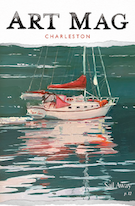
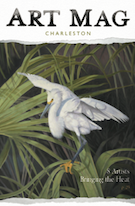
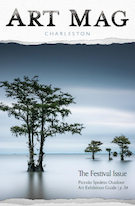
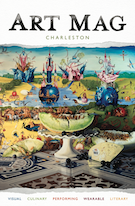
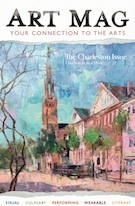
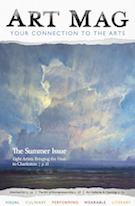

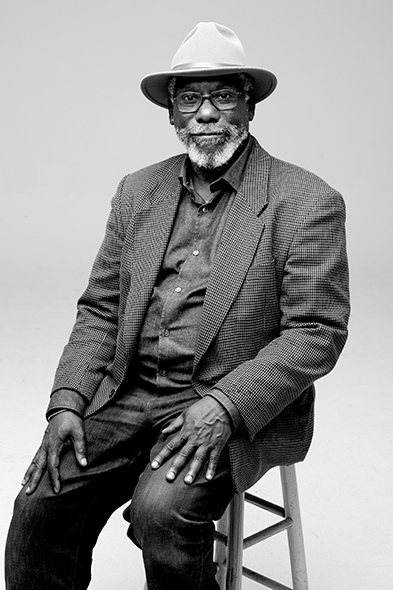
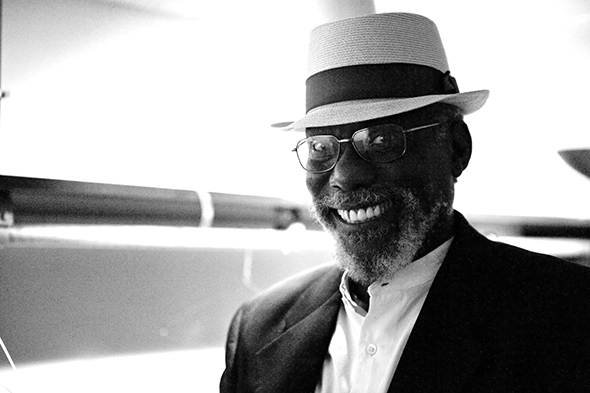





Comments (0)
No comments yet